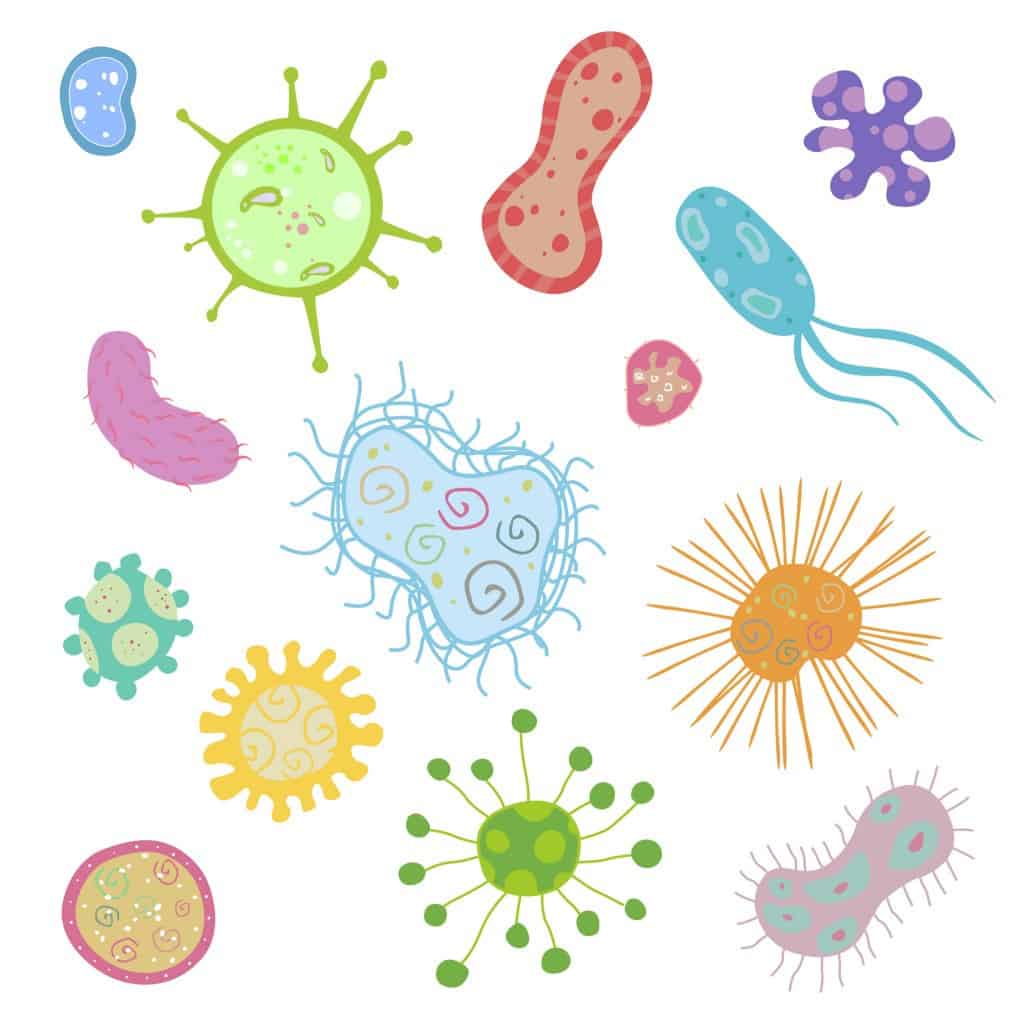Had any gut feelings lately? Your gut bacteria may be trying to tell you something. Science is starting to confirm what some already know—that what happens in our gut affects what goes on in our brains and also influences our moods and our feelings. This makes sense considering the fact that there’s a ten to one ratio of bacteria cells to human cells in our bodies. You could say we’re powered by bacteria.
If you’ve been eating probiotic foods for any length of time, you may already know how your gut bacteria, when balanced, can alter your mood for the better. Indeed, the knowledge that healthy gut bacteria is key to a healthy life has been kicking around for a long time. In 1958, Dr. Royal Lee praised a Vermont physician who recommended apple cider vinegar to alleviate symptoms of what he called the “dysbiotic gut”—while also offering a few tips of his own:
“Sour milk, yogurt and acidophilus yeast have long been known to be beneficial in correcting the local environment; they favor the friendly bacteria and block the growth of toxin producing organisms.”
But now the scientists are also paying attention, and an accumulation of recent scientific studies contain some surprising results.
One study in particular has the scientific community abuzz. It involved a game of switcheroo among mice of different temperaments—anxious, fearless, calm, and aggressive. When the gut microbes of the fearless mouse were transplanted into the anxious mouse, the anxious mouse became fearless. The scientists went on to make the fearless mouse anxious, the calm mouse aggressive, and the aggressive mouse calm. And when they conducted the experiments in reverse, they all went right back to their old ways.
While they have yet to transplant the gut microbes of any humans, Dr. Emeran Meyer, a professor of medicine and psychiatry at UCLA, has been using MRI scans to show that the development and wiring of our brain circuits is deeply influenced by the specific mix of microbes in our gut.
Scientists are also theorizing that gut bacteria may have a promising role to play in the treatment of mood disorders. This is based on recent evidence that our gut bacteria produces mood-altering neurotransmitters that are every bit as powerful as their pharmaceutical counterparts. “These bacteria are, in effect, mind-altering microorganisms,” says researcher Mark Lyte, who studies microbes at Texas Tech University Health Sciences Center in Abilene.
Probiotics have even been implicated in improved outcomes for autism. This connection is also made by Dr. Natasha Campbell-McBride in The Gut and Psychology Syndrome. This book is essential reading for anyone interested in the role that deficiencies in gut and intestinal flora—or what the author calls GAPS—plays in autism, dyslexia, and schizophrenia.
With the importance of the gut-brain connection increasingly backed up by scientific research, new hope is given to those who suffer medical conditions that have baffled doctors for decades.
If your gut feeling is telling you to get more probiotic-rich foods in your diet, you can promote the right balance of bacteria with bone broths, homemade (unpasteurized) sauerkraut, and raw dairy products that still contain their natural enzymes and healthful bacteria. And good gut—I mean luck!
Image from iStock/RKaulitzki


